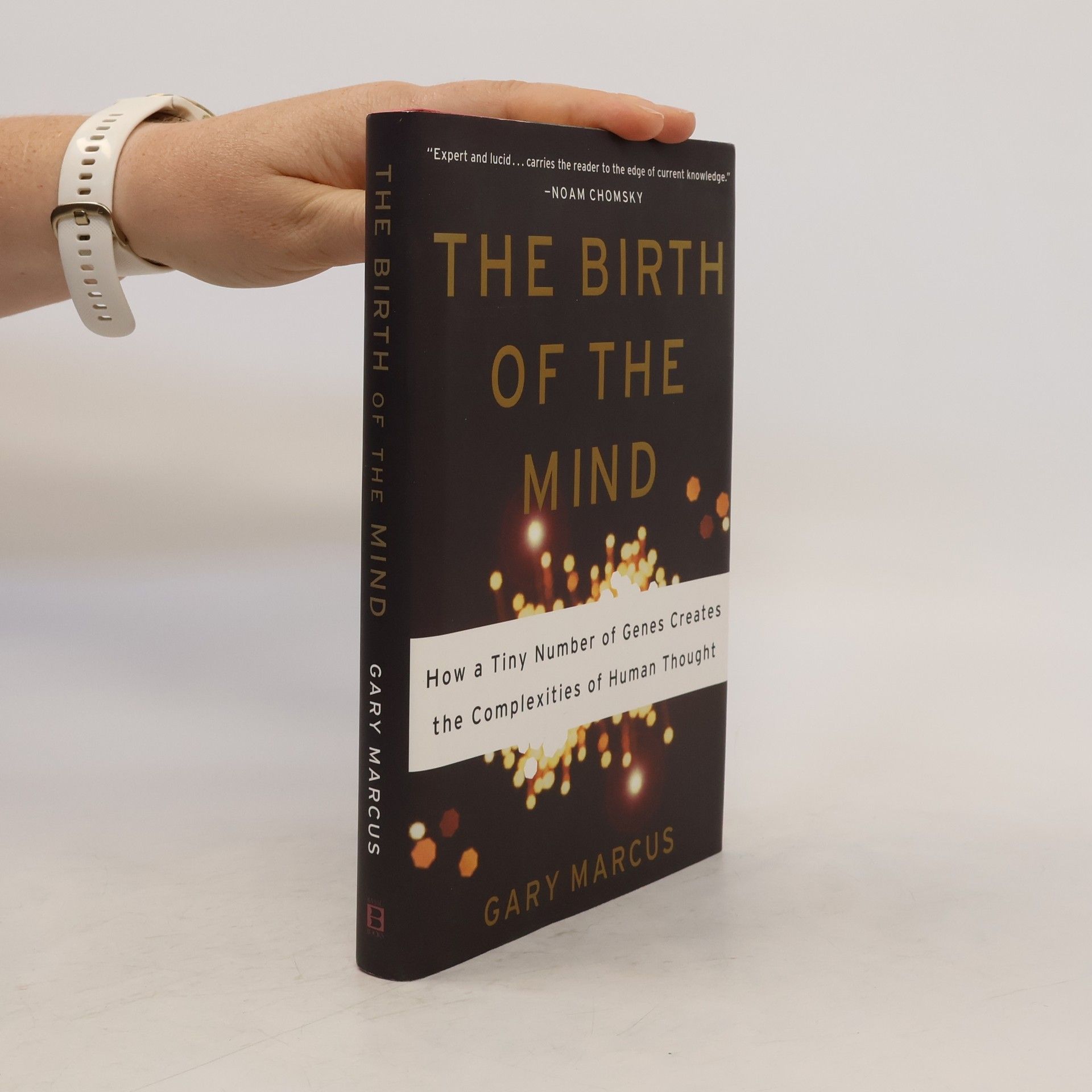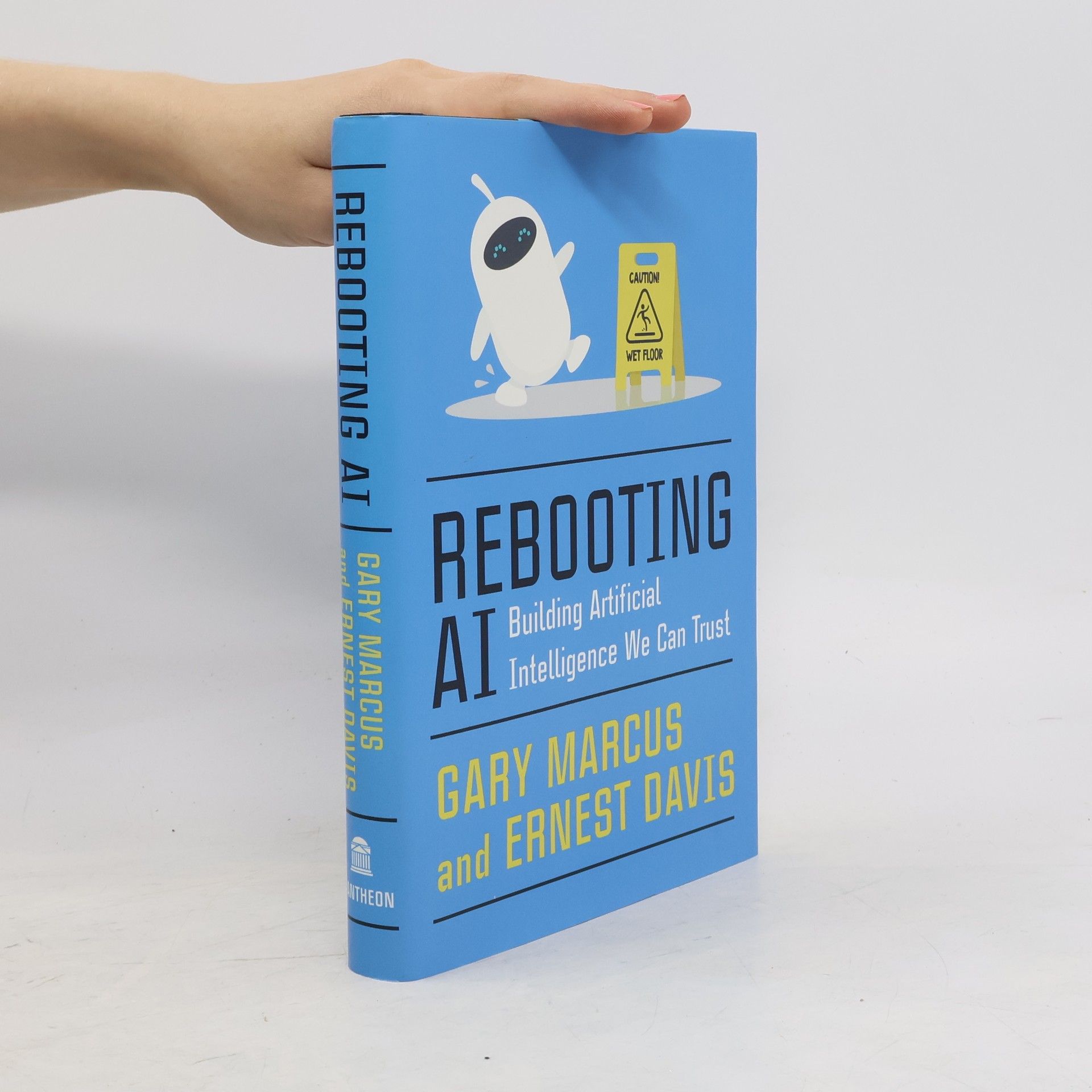Rebooting AI
- 288 stránok
- 11 hodin čítania
"Two leaders in the [artificial intelligence] field offer a compelling analysis of the current state of the art and reveal the steps we must take to achieve a truly robust artificial intelligence." -- From book jacket

